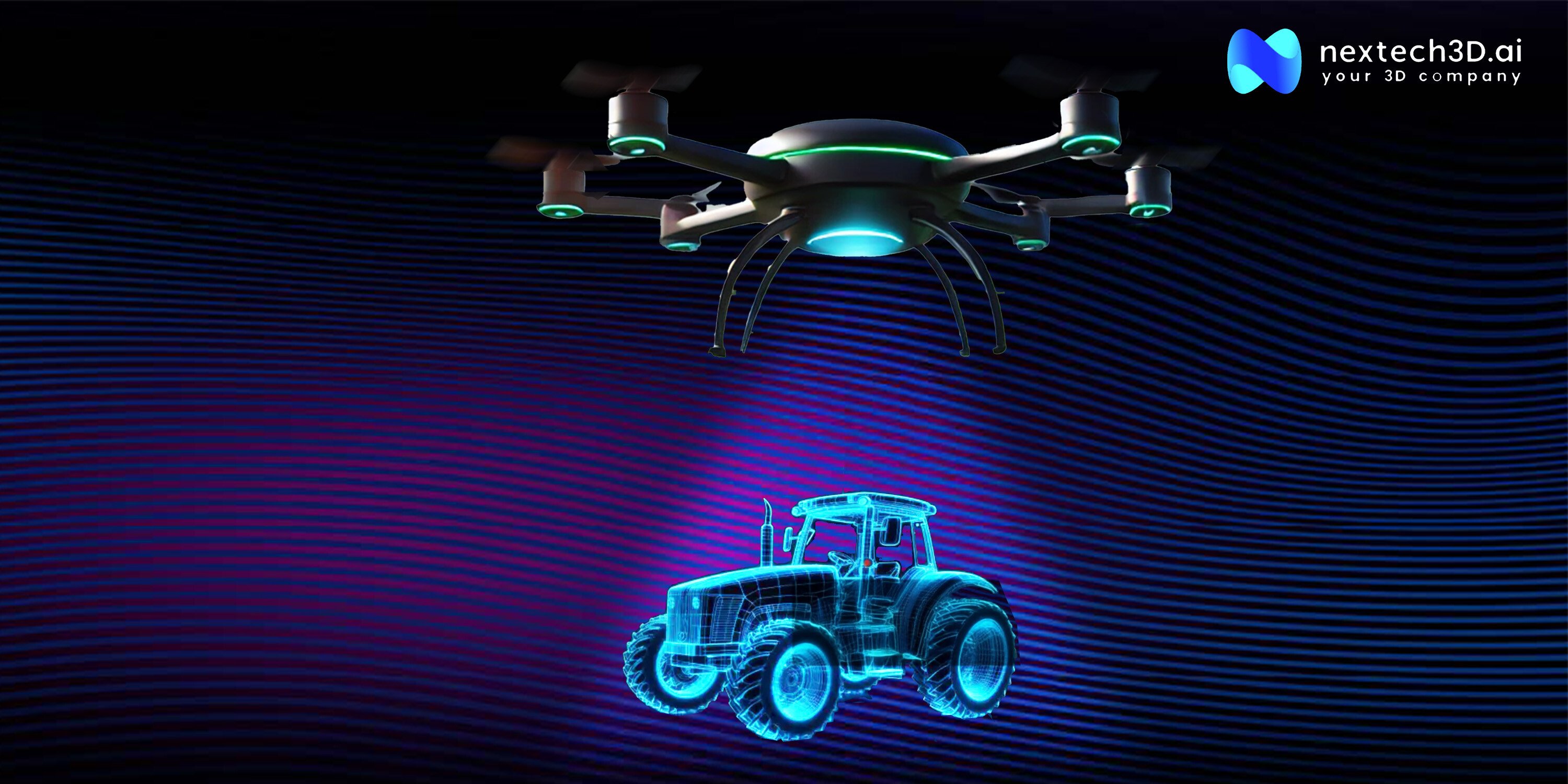Artificial intelligence has rapidly evolved from being a futuristic concept to an integral part of our daily lives.
From virtual assistants and facial recognition systems to autonomous vehicles and predictive analytics, AI has transformed industries and redefined convenience.
However, as we continue to embrace these advancements, ethical dilemmas arise. And these dilemmas ask us to define the boundaries of AI's role in society.
Where do we draw the line between innovation and ethical responsibility?
The Challenges Of Bias In AI Systems
One of the most pressing ethical issues in AI is bias. AI systems are only as unbiased as the data they are trained on.
If the training data reflects societal biases, the AI will inevitably perpetuate them.
For example, facial recognition software has been criticized for lower accuracy rates in identifying people of certain ethnicities, which can lead to discriminatory practices in law enforcement and hiring processes.
To address this, companies like Nextech3D can play a pivotal role in creating training datasets that are more inclusive and representative.
By utilizing advanced 3D modeling to simulate diverse real-world scenarios, we can ensure AI systems are trained on unbiased and comprehensive datasets.
Privacy Concerns And Surveillance
AI's ability to process vast amounts of data in real-time has given rise to privacy concerns.
From smart home devices to social media platforms, AI collects and analyzes user data, often without explicit consent.
The line between ensuring user convenience and invading personal privacy becomes increasingly blurred.
That’s why incorporating transparency into AI design is essential.
Nextech3D's immersive technologies could be used to create interactive educational tools that help users understand how their data is collected and used.
This will empowering them to make informed decisions about their privacy.
The Impact On Employment
Automation powered by AI has the potential to displace millions of jobs, particularly in industries that rely on repetitive tasks.
While AI creates new opportunities in technology and innovation, it also widens the skills gap, leaving many workers unprepared for the transition.
To mitigate this, businesses can invest in upskilling programs.
By leveraging Nextech3D’s virtual environments, companies can develop realistic training simulations that equip workers with the skills needed for AI-driven roles, ensuring a smoother workforce transformation.
Autonomous Decision-Making And Accountability
As AI systems become more autonomous, determining accountability for their actions becomes complex.
For instance, who is responsible if an autonomous vehicle causes an accident? Is it the manufacturer, the software developer, or the vehicle owner?
These questions highlight the urgent need for clear legal and ethical frameworks.
The Ethics Of AI In Warfare
The use of AI in military applications, such as drones and autonomous weapons, raises significant ethical concerns.
While these technologies can reduce human casualties, they also lower the threshold for initiating conflict and raise questions about the morality of delegating life-and-death decisions to machines.
Through virtual reality and 3D simulations, companies like Nextech3D can create immersive scenarios to explore the implications of AI in warfare.
This fosters dialogue among stakeholders and encourages ethical decision-making.
Moving Toward Ethical AI Development
The ethical dilemmas in AI are multifaceted and they require collaboration among governments, corporations, and academia.
Establishing guidelines for transparency, accountability, and inclusivity is crucial to ensure that AI benefits society without compromising ethical values.
Innovative technologies like those offered by Nextech3D provide an opportunity to bridge the gap between innovation and ethics.
By creating immersive, interactive platforms, we can promote understanding, inclusivity, and responsible AI development.
As we continue to navigate the complexities of AI, it’s imperative to strike a balance between progress and principles to ensure that technology serves humanity rather than the other way around.
Book a Demo: I'm ready








